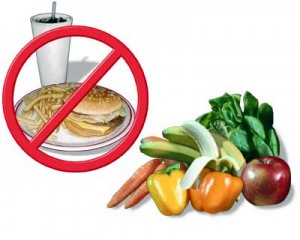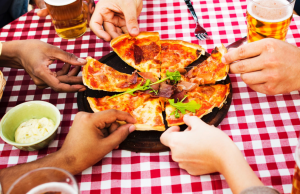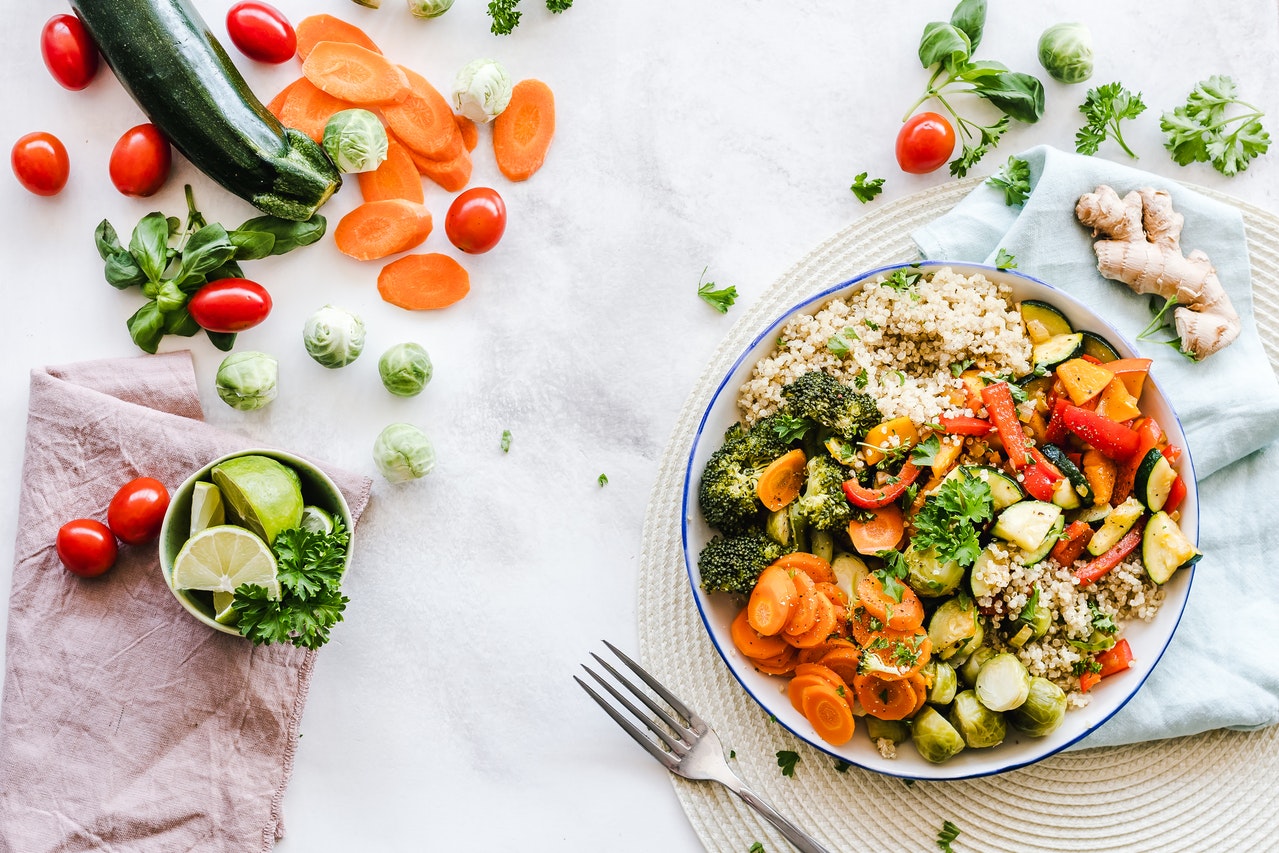According to a World Health Organization report , 347 million people are suffering from diabetes the world over. Diabetes, described as the body’s failure to process sugar has surpassed HIV-Aids and malaria in the world’s top killer diseases list. Diabetes usually strikes people in their prime or in retirement. Even if you feel you are not at risk, it is best to exercise great caution. To know more about this deadly disease, read on.
Causes of Diabetes
There are two types of diabetes and each of them is caused differently. Medical science hasn’t found a cure yet for both and can only recommend people to properly monitor their blood sugar levels at all times.
- Type 1 diabetes occurs when the body turns against itself by destroying the cells that produce insulin. The cause is unknown but it is believed to be genetic in origin. Type 1 diabetics have to take insulin every day.
- Type2 diabetes is the more common of the two. In this case the body doesn’t produce enough insulin or cannot utilize insulin as well as it should. The cure may also be genetic but it can also be traced to obesity, and lack of exercise.
Consequences of Diabetes
People don’t die from diabetes; they die from complications brought about by diabetes. When one is a diabetic, he/she is susceptible to the following illnesses:
- Diabetes is among the foremost cause of kidney failure. Ten to twenty percent of diabetics die of kidney failure.
- Diabetics are also more prone to heart attack and stroke.
- After fifteen years of being a diabetic, they tend to lose sight in their eyes or develop visual impairment
- Diabetes causes small blood vessels to rupture, reducing blood flow and increasing the likelihood of foot ulcers and in the end limb amputation.
Food to Consume
Food rich in fiber, vitamins, antioxidants and low in carbohydrates are essential to a diabetic’s diet. Examples are beans, whole grains, dark and leafy vegetables, fat free milk or yogurt. Eating fish with high omega 3 content like salmon, halibut and mackerel are excellent choices. Having brown rice in your diet is advised against having white rice since it has more fiber.
Food to Avoid
Sweets and desserts are to be avoided. Diabetics can opt for low-fat and low-sugar cakes so that they can have their sweets too. However, they need to avoid fatty and fried foods and must also shun junk and processed foods as they contain a lot of salt and other preservatives. Soft drinks should always be passed up.
Diabetics must also help themselves to more information from medical outreach organizations. Most of these have hotline numbers you can call for a more detailed list as well as sample menus for diabetics. Ask them to send you through email, Internet fax, or download the info from their websites if they are available.
Management of Diabetes
If a person has been diagnosed with diabetes, regardless of what type it is, that person has to completely change his lifestyle. The following are some important factors that need to be taken seriously in diabetes management:
- Food – Aside from the list of food to be taken in and avoided, bear in mind that a diabetic must always follow a strict schedule of mealtimes. You don’t want a diabetic to grow hungry, as his/her sugar level will drop significantly.
- Self-monitor – Buy a Glucose Meter so that you can check your blood sugar any time you want. It will be a bit painful every time since it involves pricking the skin to test the blood. But at least it beats going to the clinic or hospital especially during inconvenient hours.
- Exercise – Consult with your doctor first so that you can plan your program. Exercise in moderation, as too much energy spent in exercise will also lower your sugar level.
- Medication – Doctors usually prescribe a drug for Type 2 diabetics to regulate their sugar level. However, care should be taken when administered with other drugs for other illnesses (like high blood pressure) since this might affect your blood sugar. For Type 1 diabetics, proper administration and insulin should also be carefully taken into consideration.








